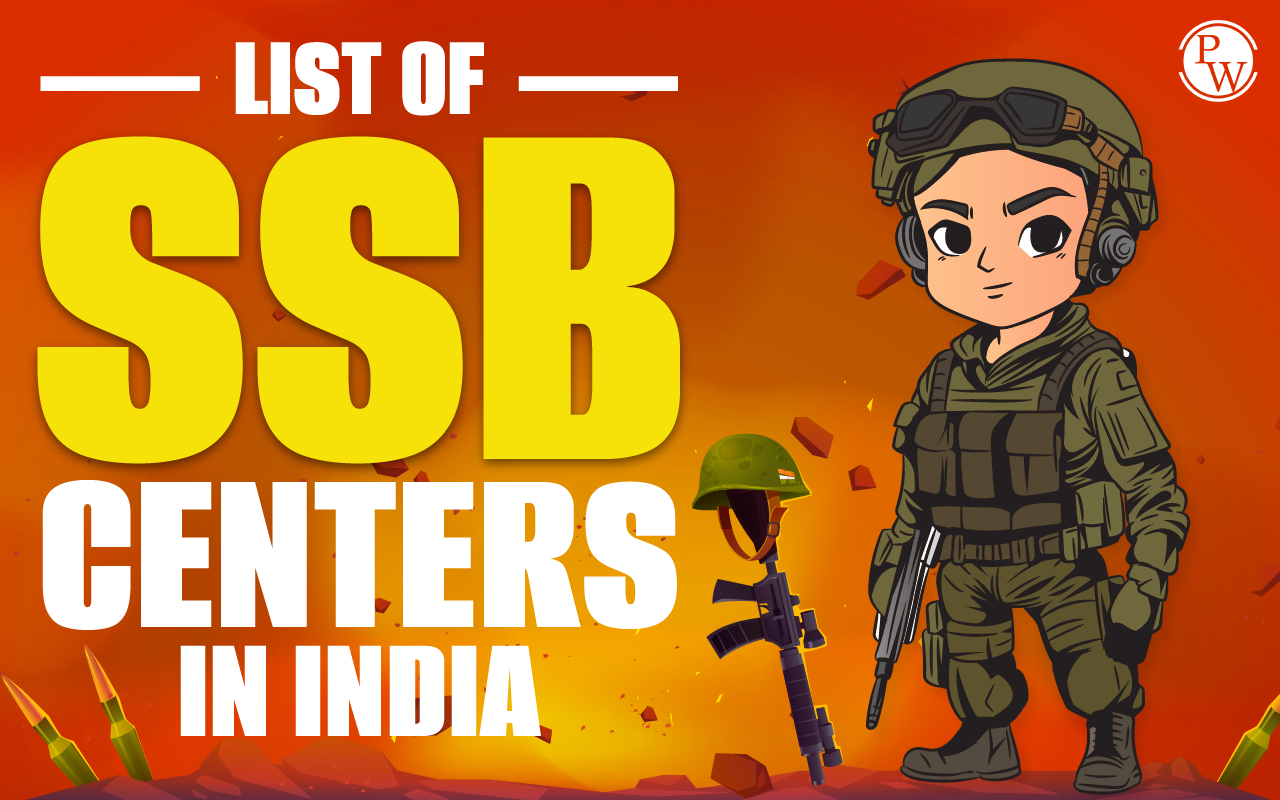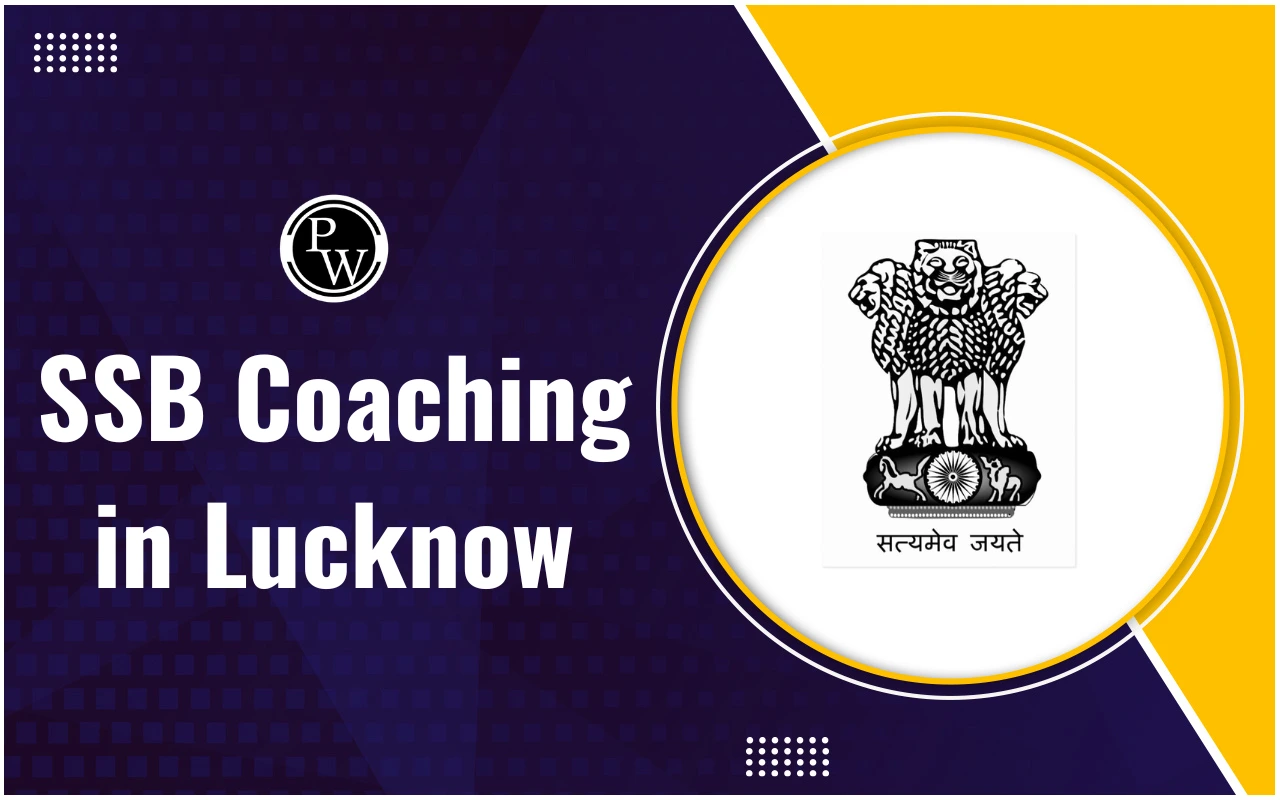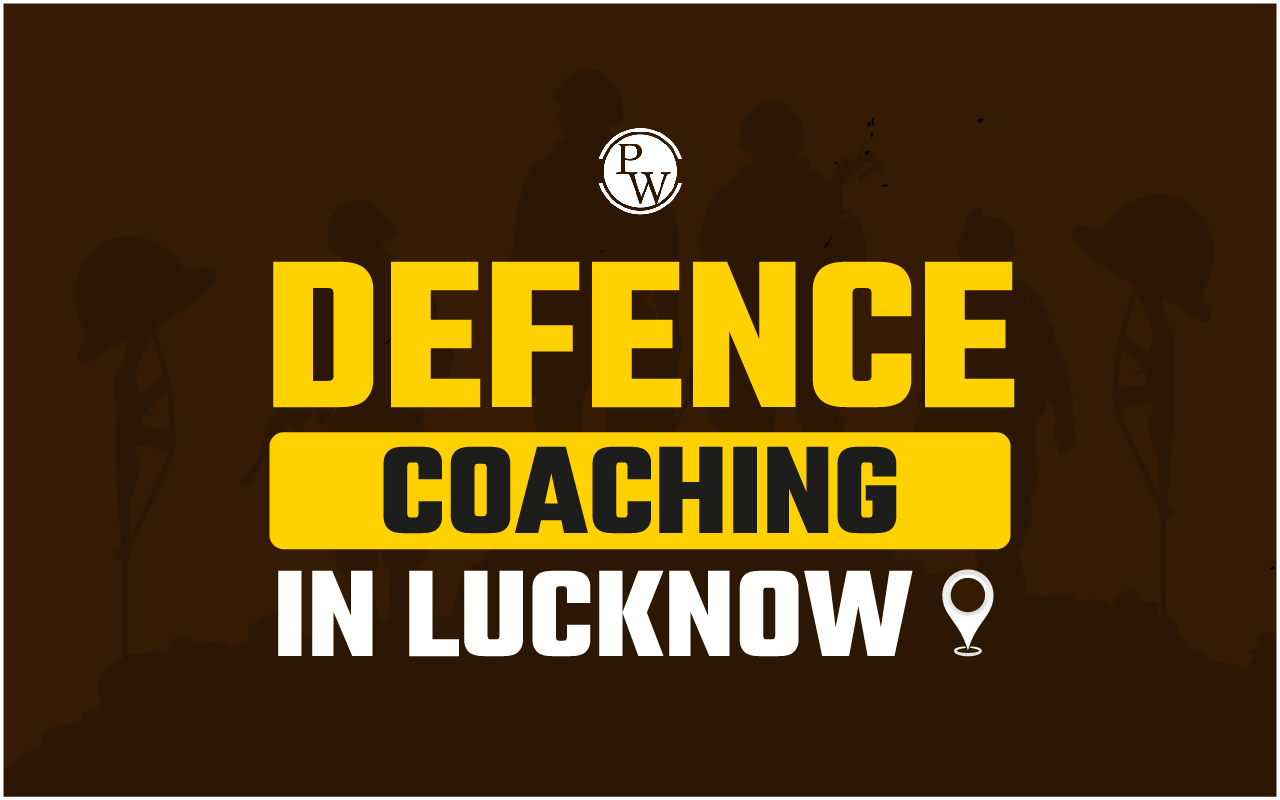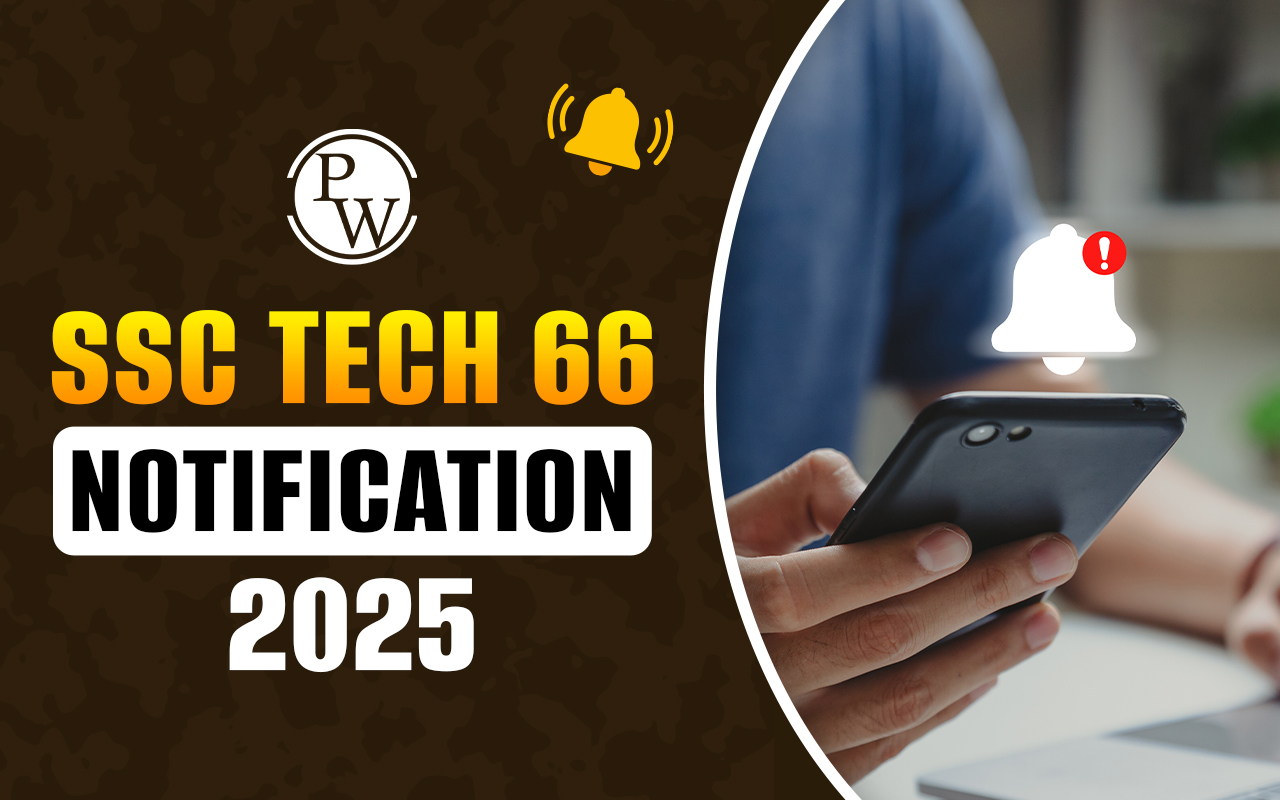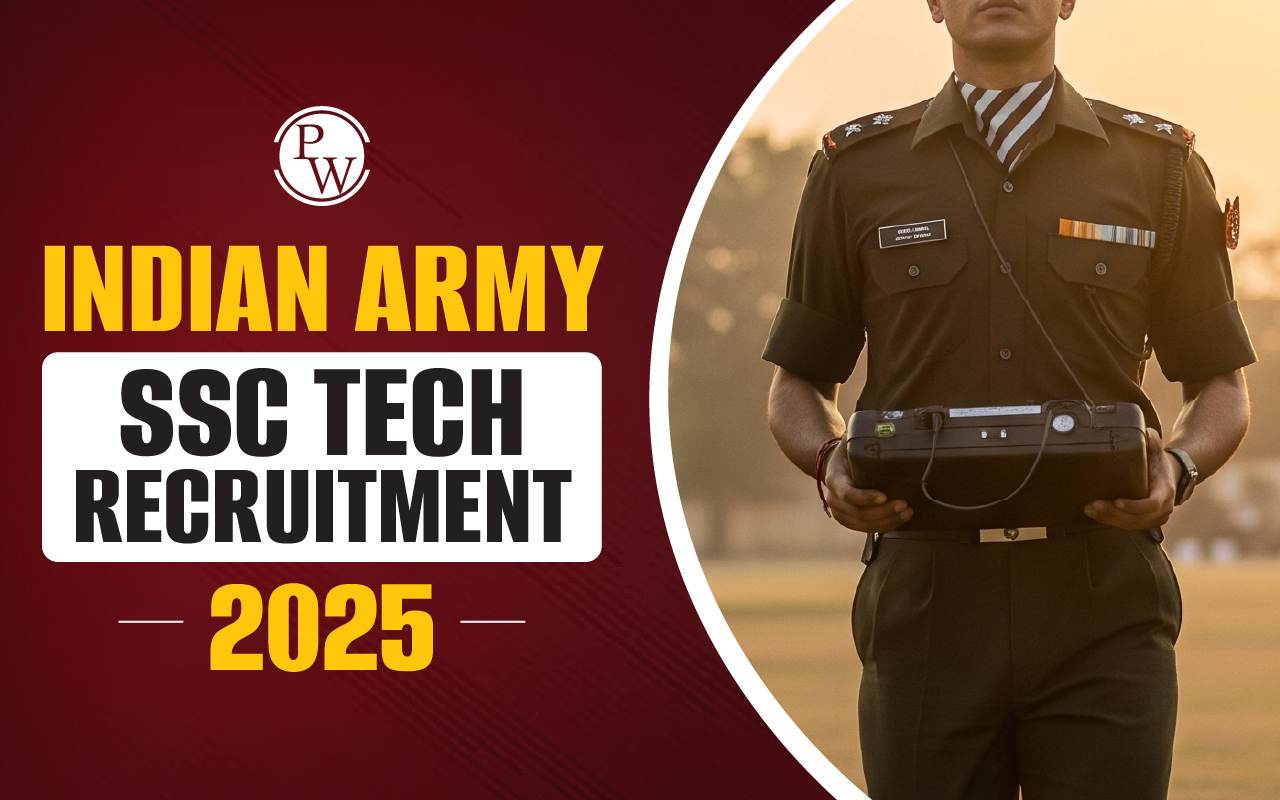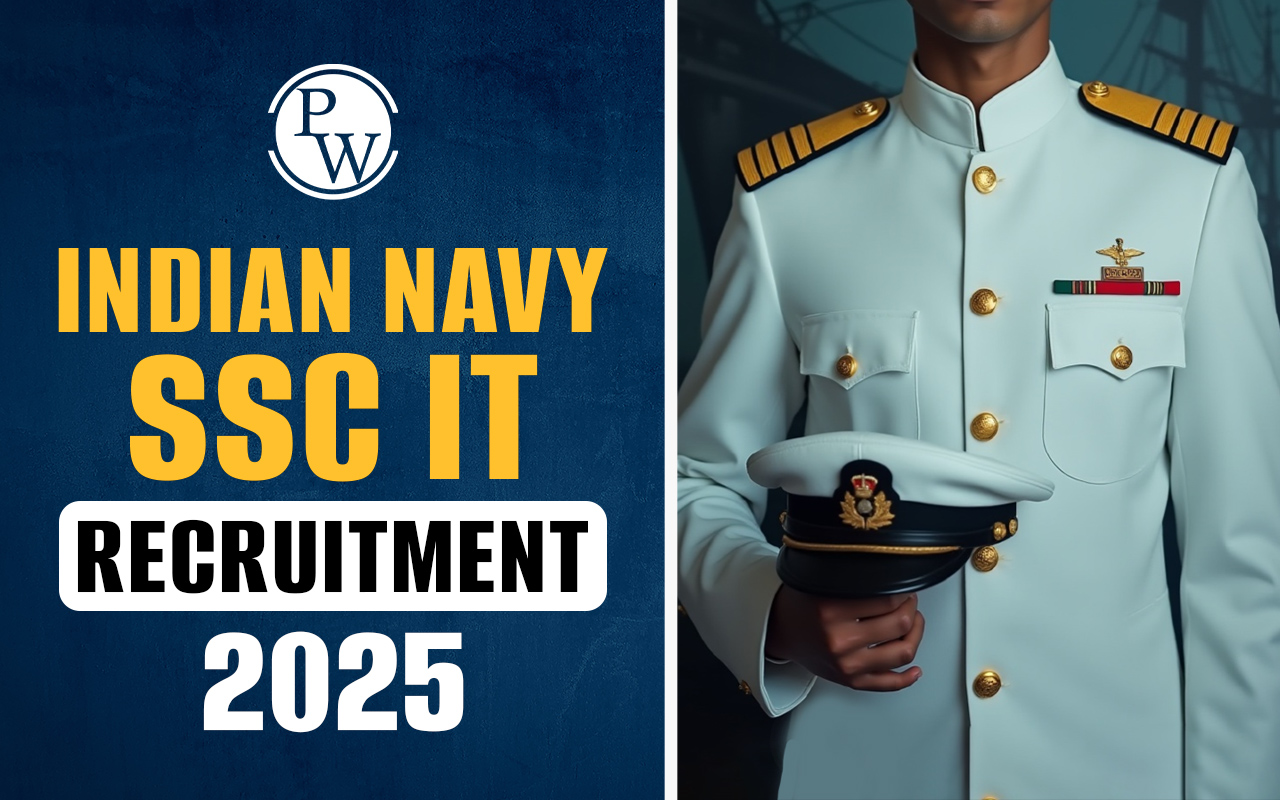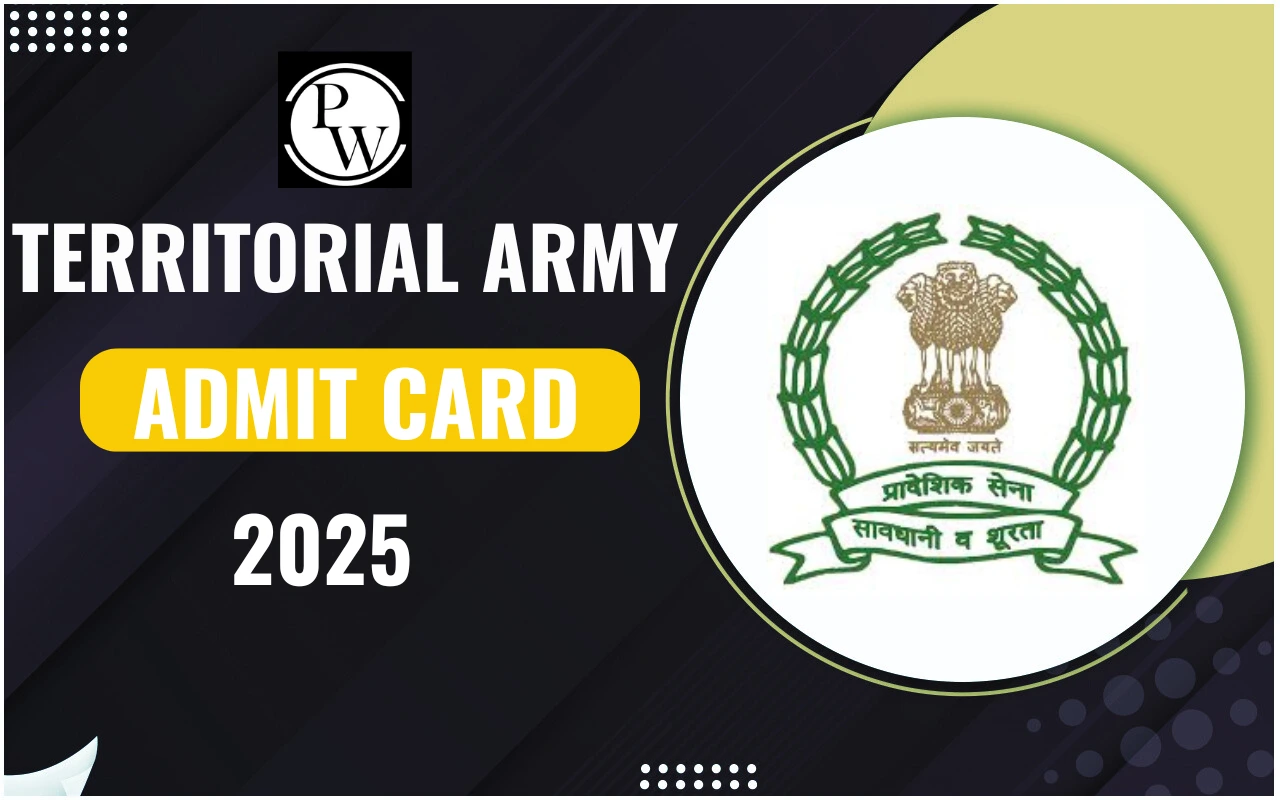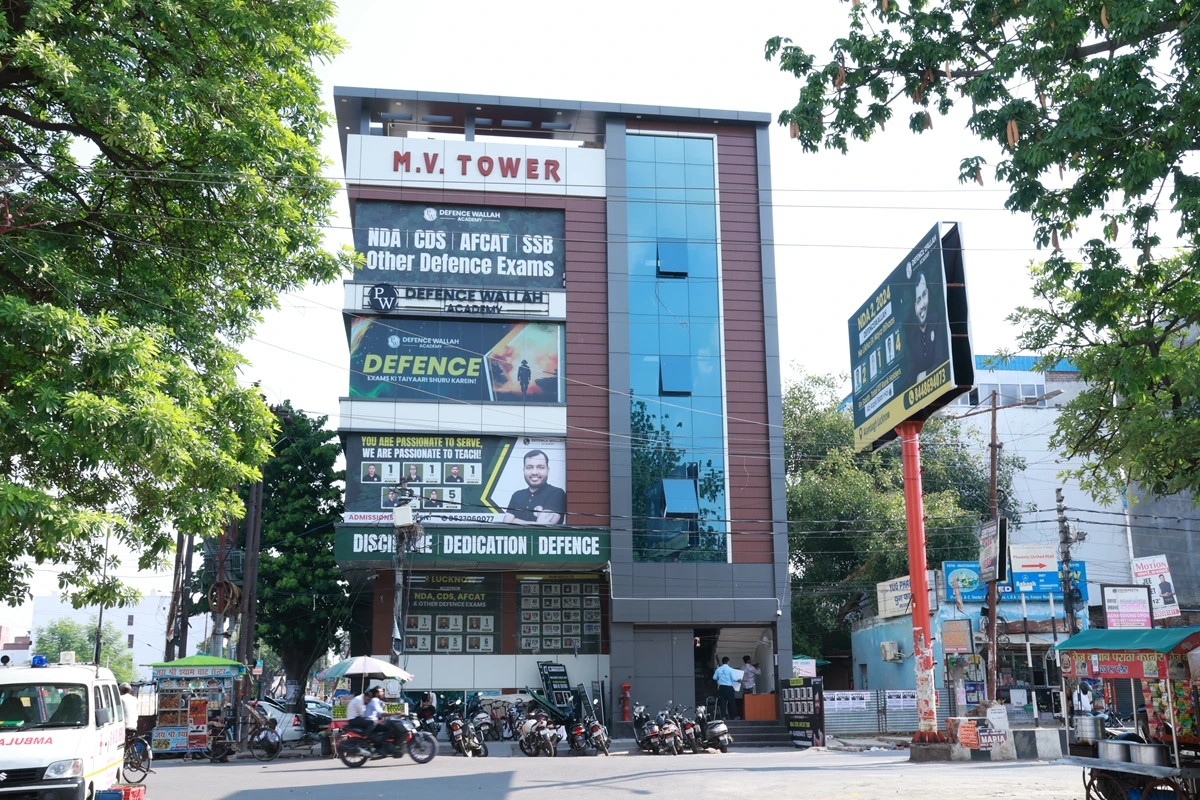
Important Questions In SSB Interview: The Service Selection Board (SSB) interview is a crucial step in the selection process for candidates aspiring to join the armed forces. Designed to assess not just the candidate's knowledge and skills but also their personality, leadership potential, and suitability for a career in the military, the SSB interview can be both challenging and rewarding. One of the most effective ways to prepare for this interview is to familiarise oneself with the types of questions that may be asked. In this article, we'll look into some important questions commonly encountered in SSB interviews and discuss how to approach them.
Important Questions In SSB Interview
|
Important SSB Interview Questions |
||||
|
Can you tell us about yourself? |
What are your long-term career goals? |
How do you manage your time effectively? |
Can you discuss a time when you had to follow orders despite personal disagreement? |
How do you ensure ethical conduct in your actions? |
|
What motivated you to join the armed forces? |
How do you handle failure or setbacks? |
Can you share a situation where you had to think creatively to solve a problem? |
What do you think is the role of discipline in the armed forces? |
Can you discuss a time when you had to work under extreme conditions? |
|
How do you handle stress and pressure? |
Can you give an example of a time when you had to resolve a conflict? |
How do you handle criticism and feedback? |
How do you stay calm under pressure? |
What do you think is the importance of continuous learning in the armed forces? |
|
Describe a situation where you demonstrated leadership skills. |
What do you know about the role and responsibilities of an officer? |
What do you think is the importance of teamwork in the armed forces? |
Can you discuss a time when you had to make a sacrifice for a greater cause? |
How do you ensure the safety and well-being of your team members? |
|
How do you prioritise tasks when faced with multiple responsibilities? |
How do you stay updated with current affairs and world events? |
Describe a time when you had to take initiative without being asked. |
What do you think are the qualities of a good leader? |
Can you discuss a time when you had to make a quick and decisive decision? |
|
What do you understand by the term "teamwork"? |
Describe a project or initiative you took leadership in. |
What are your views on national security? |
How do you handle ambiguity and uncertainty? |
What do you think is the role of perseverance in achieving goals? |
|
Can you share a challenging situation you faced and how you overcame it? |
What do you think sets you apart from other candidates? |
How do you plan to contribute to the armed forces? |
Can you discuss a time when you had to innovate to overcome a challenge? |
How do you handle situations where you disagree with authority? |
|
What are your strengths and weaknesses? |
How do you stay motivated and maintain discipline? |
Can you discuss a time when you had to lead a diverse group of individuals? |
What do you think is the importance of communication skills for an officer? |
Can you discuss a time when you had to demonstrate resilience in the face of adversity? |
|
How do you adapt to new environments and cultures? |
What do you think is the biggest challenge facing the armed forces today? |
What steps do you take to ensure personal and professional development? |
How do you plan to maintain work-life balance in the armed forces? |
|
|
Describe a time when you had to make a difficult decision. |
How do you handle high-pressure situations? |
Can you discuss a time when you had to motivate others during difficult circumstances? |
||
Types of Questions Asked In SSB Interview
In the SSB interview, candidates can expect to encounter various types of questions aimed at assessing different aspects of their personality, character, and suitability for a career in the armed forces. Here are the key types of questions asked:- Personal Questions: These questions delve into the candidate's background, interests, motivations, and values. They aim to understand the candidate's personality and assess their alignment with the ethos of the armed forces. Examples include inquiries about the candidate's family, education, hobbies, and reasons for wanting to join the military.
- Behavioural Questions: These questions focus on the candidate's past behaviour and experiences to predict how they might respond to similar situations in the future. Candidates are asked to provide specific examples of their actions in various scenarios, showcasing their leadership abilities, teamwork skills, adaptability, and problem-solving capabilities.
- Situational Questions: These questions present hypothetical scenarios or challenges that candidates might face in the military. Candidates are asked to analyse the situation, propose solutions, and explain their reasoning behind their choices. Situational questions assess the candidate's critical thinking skills, decision-making ability, and judgment under pressure.
- Leadership Questions: Given the importance of leadership in the armed forces, candidates can expect questions that evaluate their leadership potential. They may be asked to describe instances where they demonstrated leadership, how they motivate and inspire others, and their approach to leading teams in challenging circumstances.
- Current Affairs and General Knowledge: Candidates are often tested on their awareness of current events, national and international issues, and general knowledge. Questions may cover a wide range of topics, including politics, history, geography, science, technology, and sports. Demonstrating a well-rounded knowledge base is important for candidates aspiring to become officers in the armed forces.
- Motivational Questions: These questions aim to gauge the candidate's commitment, passion, and determination to serve in the military. Candidates may be asked about their long-term career goals, their sense of duty towards their country, and what inspires them to pursue a career in the armed forces.
Important Questions In SSB Interview FAQs
Q1. What is the purpose of the SSB interview?
Q2. What types of questions are asked during the SSB interview?
Q3. How should candidates prepare for the SSB interview?
Q4. What qualities are the SSB interviewers looking for in candidates?
Q5. What happens after the SSB interview?


